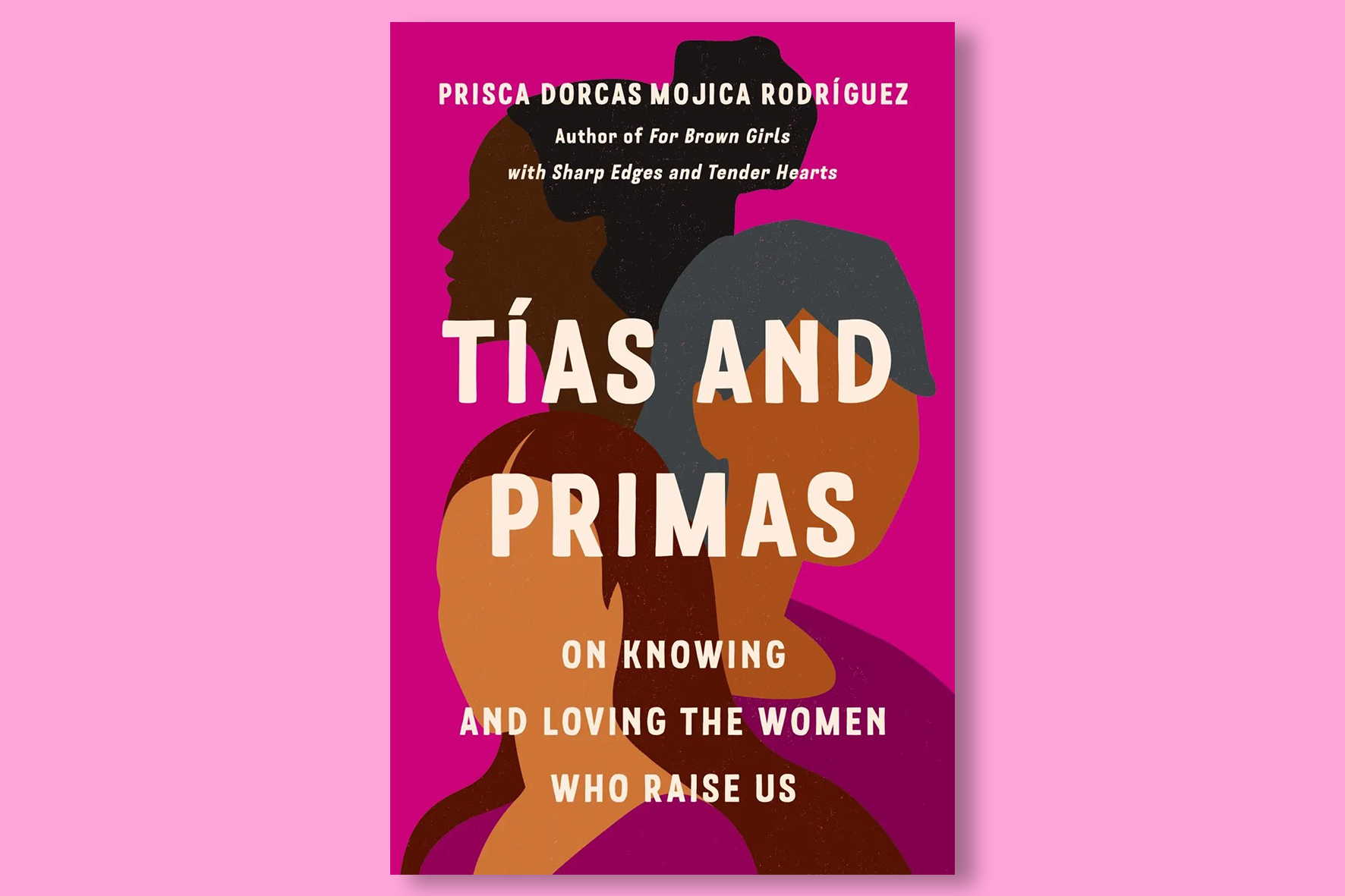- 14 3402-5578
- Rua Hygino Muzy Filho, 737, MARÍLIA - SP
- contato@latinoobservatory.org
 Fonte: https://www.hachettebookgroup.com/titles/prisca-dorcas-mojica-rodriguez/t%C3%ADas-and-primas/9781541603967/?lens=seal-press
Fonte: https://www.hachettebookgroup.com/titles/prisca-dorcas-mojica-rodriguez/t%C3%ADas-and-primas/9781541603967/?lens=seal-press
The recently released book entitled “Tías and Primas: On Knowing and Loving the Women Who Raise Us”, by author and activist Prisca Dorcas Mojica Rodríguez, explores the archetypes of women in Latino families, highlighting figures such as the Matriarch, Tía Loca (eccentric aunt), Prima Bonita (cousin considered beautiful for having European features), and the Perfect Prima (a cousin who suffers from high family expectations). Mojica Rodríguez seeks to honor the women who raised her and highlight their complexities, characteristics, and influences.
According to an article by NBC News, the author, born in Nicaragua and raised in a working-class evangelical family in Miami, reflects on her experience in an extended family, where aunts and cousins play a central role. Mojica Rodríguez wanted to bring humanity to stereotypes about Latinas, deconstructing labels and revealing the importance of these familiar figures in Latino communities. The book focuses on the nuances and challenges faced by women in patriarchal environments and family dynamics.
The publication also points out that the role of aunts in Latino families goes beyond taking care of children, being influential and emotionally supportive figures. The author shares that, even though she is a recognized writer, many of her family members do not read her works, as they consider that women should not expose certain family aspects. Despite this, Mojica Rodríguez seeks with her book to promote discussions about Latino identity, sex, racism, homophobia and colorism, in addition to encouraging other writers to share their stories.
With the cultural impact of extended Latino
families, the author hopes that her work will inspire more dialogue about the
complexities of being Latina and the challenges faced by women in social and
family contexts.











